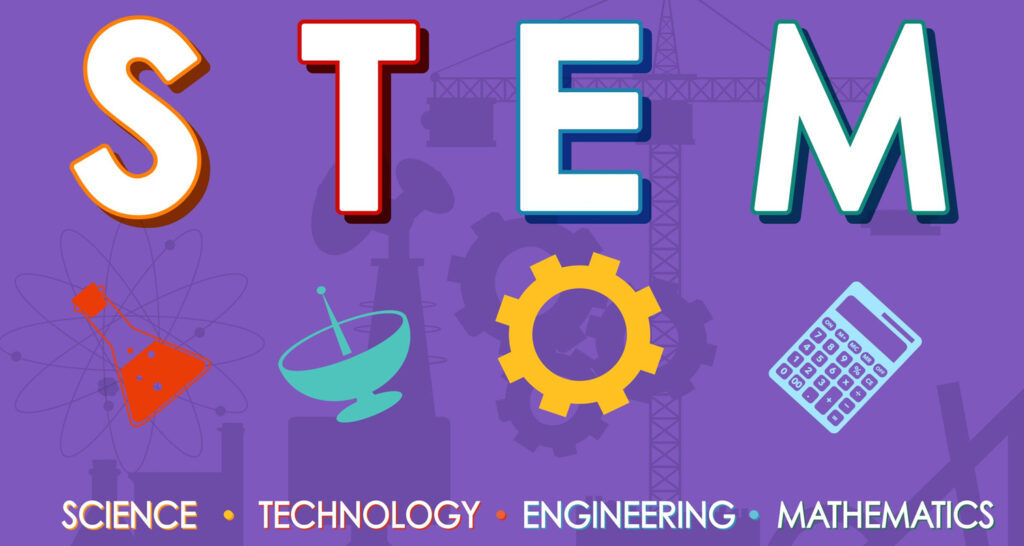
In a constantly changing world marked by fast technological progress, STEM education – covering science, technology, engineering, and mathematics – has become increasingly important. It’s crucial to equip the next generation with STEM skills. Below are several reasons why STEM education is vital for the future.
Fostering Innovation and Creativity
STEM education encourages students to think critically and creatively. By tackling complex problems and exploring innovative solutions, students develop the skills needed to drive technological and scientific progress. These innovations are crucial for addressing global challenges, from climate change to healthcare.
Economic Growth and Job Creation
The global economy increasingly relies on STEM industries. By 2028, STEM occupations are projected to grow by 8%, compared to 3% for non-STEM jobs. Ensuring that the next generation is proficient in STEM subjects will help maintain a competitive edge in the global market and create high-paying job opportunities.
Preparing for the Future Workforce
The jobs of tomorrow will require a solid understanding of STEM principles. As automation and artificial intelligence become more prevalent, workers will need to possess technical skills to remain relevant in the workforce. STEM education prepares students for these future roles by providing the necessary foundation in critical thinking, problem-solving, and technical expertise.
Addressing Global Challenges
From climate change to healthcare, many of the world’s most pressing issues require STEM-based solutions. Educating the next generation in STEM equips them with the knowledge and skills to tackle these challenges head-on. By understanding scientific principles and technological applications, they can contribute to sustainable development and global well-being.
Encouraging Diversity and Inclusion
STEM education has the potential to bridge gaps in gender and racial disparities in the workforce. Encouraging underrepresented groups to pursue STEM careers can lead to a more diverse and inclusive workforce, fostering different perspectives and ideas that drive innovation.
Conclusion
The significance of STEM education for the next generation cannot be underestimated. It fosters innovation, drives economic growth, prepares students for future careers, addresses global challenges, and promotes diversity and inclusion. By investing in STEM education, we equip the next generation with the tools they need to thrive in an increasingly complex and technologically advanced world. As educators, policymakers, and parents, supporting and prioritizing STEM education is essential for building a brighter, more innovative future.
